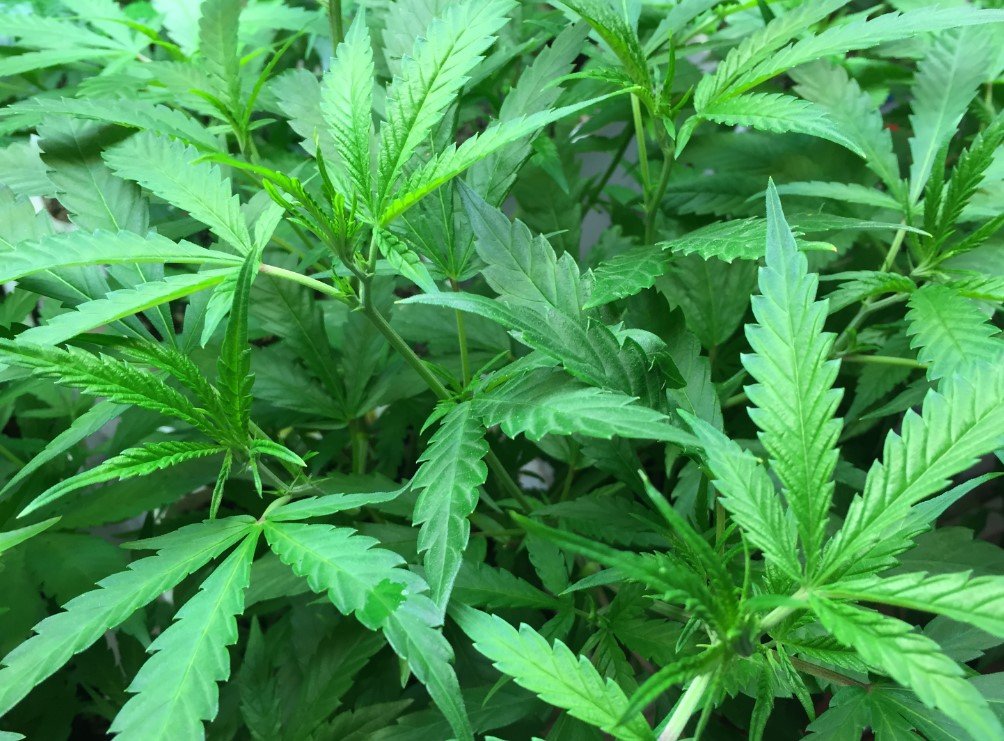The race to legalize recreational marijuana in South Dakota is intensifying as the election draws near. Measure 29, set to be on ballots in just 26 days, has sparked fierce opposition and passionate support. Recent controversies surrounding campaign ads have further polarized voters across the state.
Legal Advocates Slam Opponents’ Campaign Ad
Matthew Schweich, president of South Dakotans for Better Marijuana Laws, has publicly criticized an advertisement by Protecting South Dakota Kids. He labels the ad as “demonstrably false and deceptive,” urging the opposition to remove it from all platforms.
- Key Points of Contention:
- The ad suggests Measure 29 would legalize more than just marijuana.
- Claims it could lead to increased use of meth, fentanyl, and opioids.
- Schweich argues that many voters see the ad without sound, misinterpreting its message.
Schweich emphasized the misleading nature of the ad, especially on digital platforms like Facebook and Hulu-Plus where viewers might only see the text without the accompanying audio. He also called the ad a violation of FCC laws when aired on television, insisting that political campaigns should adhere to the same standards as commercial businesses.

Protecting South Dakota Kids Defends Their Messaging
Jim Kinyon, president of Protecting South Dakota Kids, rejects allegations that their ad is misleading. He maintains that the advertisement clearly communicates the potential negative consequences of Measure 29.
“We didn’t put it on a soundless medium,” Kinyon stated. “We used it on a medium that has sound and we can’t be responsible for everything that can happen with the information we share.”
Kinyon accuses Schweich of stretching the truth and criticizes the marijuana advocacy group’s fact-checking efforts. He also highlights other claims made by proponents of Measure 29, such as the potential for significant tax revenue, which he argues are unfounded or exaggerated.
Impact on Voter Perception
The conflicting narratives between the two groups aim to sway undecided voters. Past attempts to pass similar measures have failed, with Measure 29’s predecessors in 2006, 2010, and 2022 not making it to the ballot or being overturned by the state Supreme Court.
| Previous Attempts | Outcome |
|---|---|
| 2006 | Amendment failed at the polls |
| 2010 | Amendment failed at the polls |
| 2020 | Passed with 54% but overturned by Supreme Court |
| 2022 | Amendment failed with 53% opposition |
Schweich remains optimistic, citing the higher voter turnout typical of presidential election years as a potential game-changer, similar to the 2020 vote that initially passed Measure 29 before it was struck down.
Broader Implications for South Dakota
Beyond the immediate debate on marijuana legalization, both sides are highlighting broader societal impacts. Protecting South Dakota Kids warns of increased drug abuse and crime rates, while advocates focus on the economic and personal freedoms benefits.
“Fear works in politics, unfortunately, and that’s their strategy,” Schweich remarked during a press conference. “Our strategy is to point out that this policy is working in every other state that has adopted it.”
As the election approaches, the state remains deeply divided on Measure 29, with each side presenting starkly different visions for South Dakota’s future.
Maria Garcia is an award-winning author who excels in creating engaging cannabis-centric articles that captivate audiences. Her versatile writing style allows her to cover a wide range of topics within the cannabis space, from advocacy and social justice to product reviews and lifestyle features. Maria’s dedication to promoting education and awareness about cannabis shines through in her thoughtfully curated content that resonates with both seasoned enthusiasts and newcomers alike.








